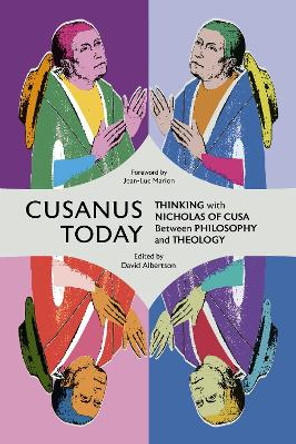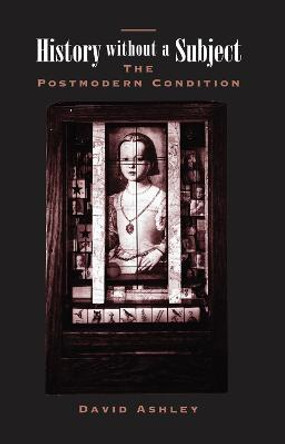Description
Does "nature" still exist? Common wisdom now acknowledges the malleability of nature, the complex reality that circumscribes and constitutes the human. Weather patterns, topographical contours, animal populations, and even our own genetic composition-all of which previously marked the boundary of human agency-now appear subject to our intervention. Some thinkers have suggested that nature has disappeared entirely and that we have entered a postnatural era; others note that nature is an ineradicable context for life.
Christian theology, in particular, finds itself in an awkward position. Its Western traditions have long relied upon a static "nature" to express the dynamism of "grace," making nature a foundational category within theology itself. This means that any theological inquiry into the changing face of nature must be reflexive and radically interdisciplinary.
This book brings leading natural and social scientists into conversation with prominent Christian theologians and ethicists to wrestle collectively with difficult questions. Is nature undergoing fundamental change? What role does nature play in theological ethics? How might ethical deliberation proceed "without nature" in the future? What does the religious drive to transform human nature have to do with the technological quest to transcend human limits? Would the end of nature make grace less comprehensible?
About the Author
David Albertson is Assistant Professor in the School of Religion at the University of Southern California.
Cabell King is a Ph.D. candidate in theology at the University of Chicago Divinity School.
Reviews
"We scholars, in spite of our critical tendencies, can nevertheless find ourselves sliding along with the momentum of major conceptual shifts as if they were a fait accompli. The editors of this volume refuse to do so, instead asking if, in this post-modern context, we really are ready to dispose of 'nature' as a descriptive, moral, and theological category. They have assembled a strong multidisciplinary group of scholars to consider the question from their respective fields, and so do us the great service of bringing the Humanities and Sciences together in one volume. The result is not only a timely conceptual inventory but also something of an intellectual gut check." -- -Daniel Cowdin Salve Regina University "A remarkable interdisciplinary exercise, eloquently combining philosophy and theology, ethics and science, early and medieval thought-all in the context of a modern encounter and dynamic." -- -John Chryssavgis author of Cosmic Grace, Humble Prayer and Beyond the Shattered Image "An important resource for inter-disciplinary conversation among academics beyond the fields of ethics and theology." -- -David Kelsey Yale Divinity School " ... illuminates how different views of nature might affect one's ethical views toward technological and bioengineering advancement." -Perspectives on Science and Christian Faith "Virtually no part of global nature remains untouched by human hands. If religion and science are to work as allies in responding to the global environmental crisis, they need to understand how technology has utterly transformed the terms of the debate. This forward-looking volume sets the framework for radically new forms of partnership." -- - Philip Clayton author of In Quest of Freedom: The Emergence of Spirit in the Natural World
Book Information
ISBN 9780823230709
Author David Albertson
Format Paperback
Page Count 448
Imprint Fordham University Press
Publisher Fordham University Press










